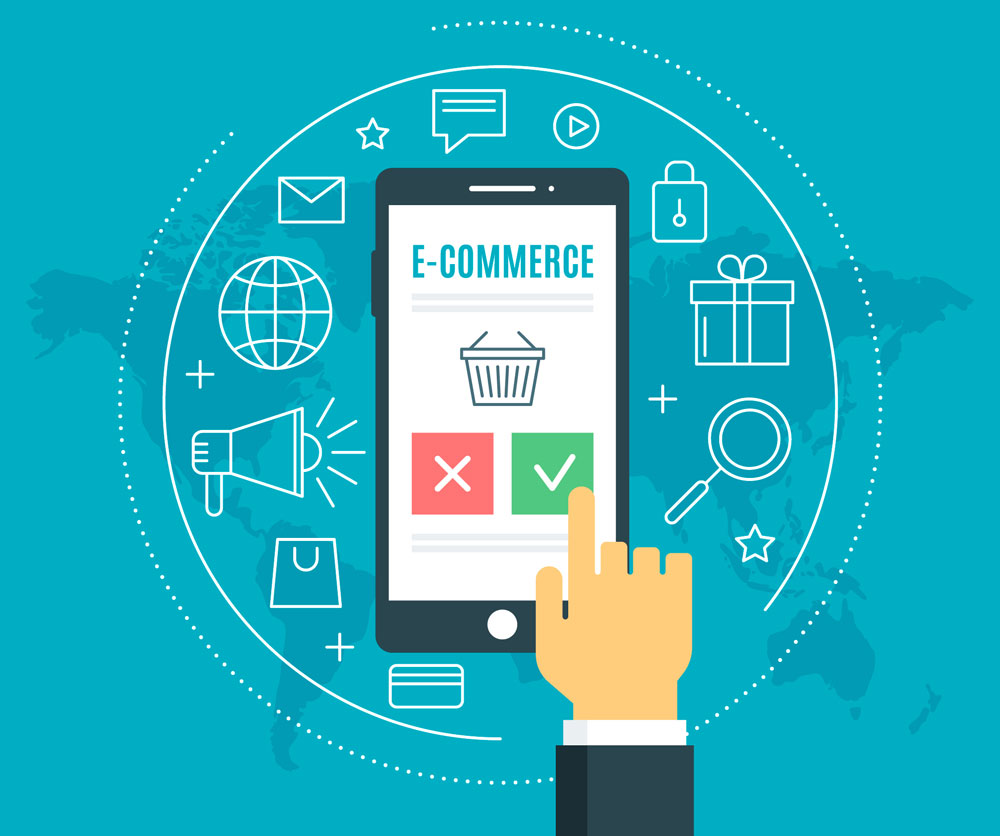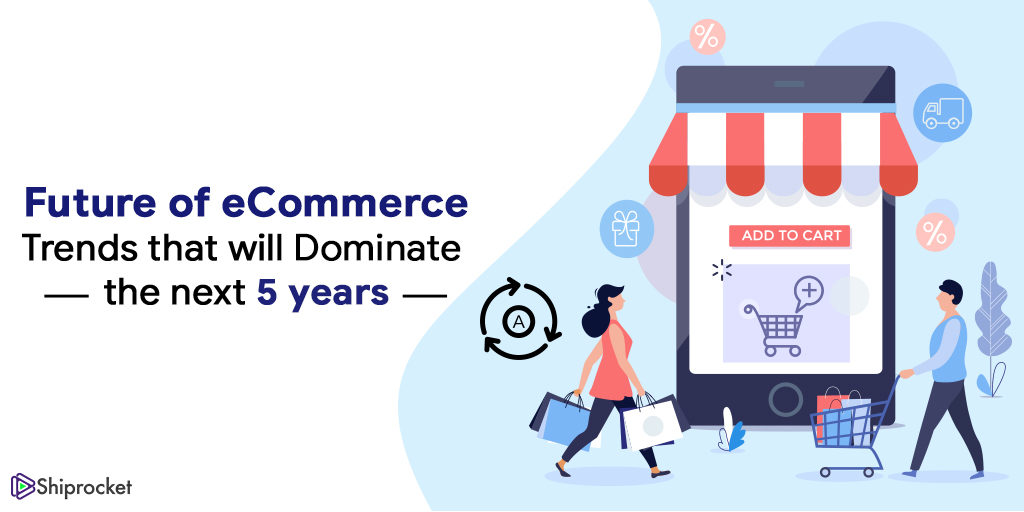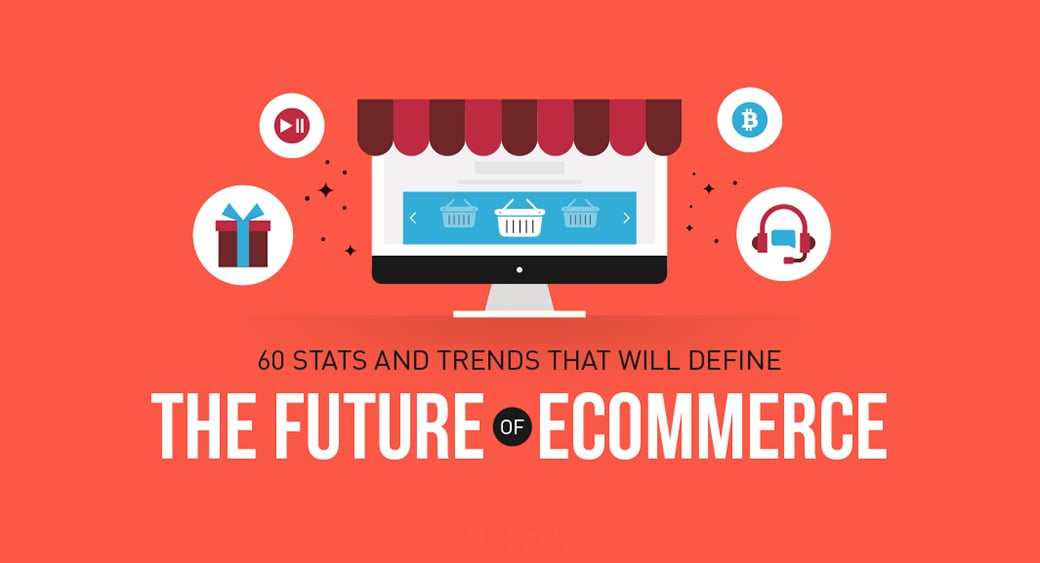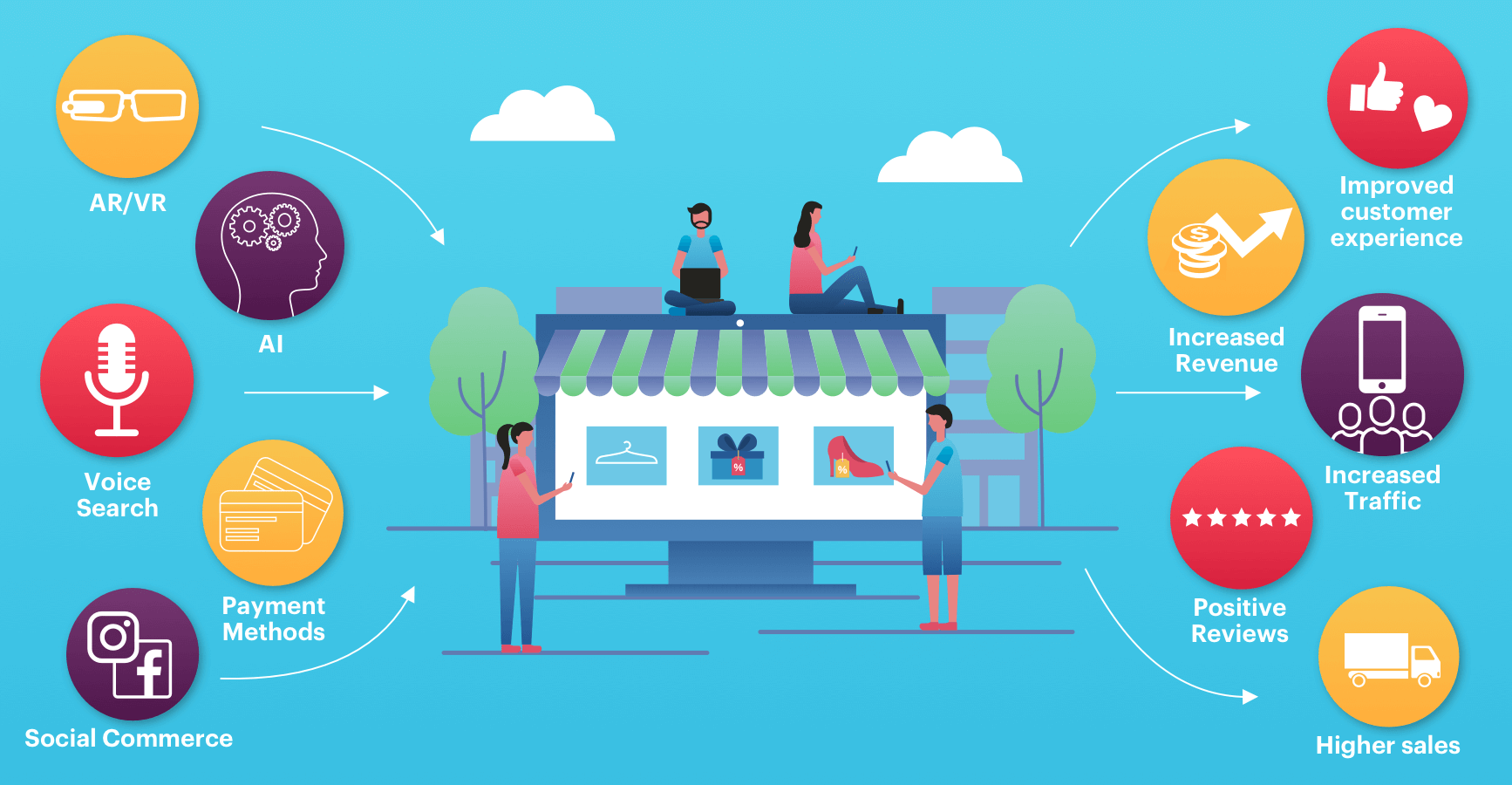The world is changing rapidly, and so is the way we do business. E-commerce has been a game-changer in the retail industry, and it's only going to get bigger and better with time. With the rise of technology, online shopping has become more accessible, convenient, and affordable than ever before. In this article, we will explore how technology is shaping the future of e-commerce and what it means for businesses and consumers alike.
The Rise of Mobile Commerce
 Source: bing.com
Source: bing.comMobile commerce, or m-commerce, is the buying and selling of goods and services through mobile devices such as smartphones and tablets. With the increasing use of mobile devices, m-commerce has become a significant part of e-commerce. According to Statista, mobile e-commerce sales worldwide are projected to reach 3.56 trillion US dollars by 2021.
Mobile apps have made it easier for consumers to shop on-the-go, and businesses can reach their customers more efficiently through push notifications and targeted marketing. With the advancements in mobile technology, we can expect to see more innovative features that will enhance the mobile shopping experience.
The Emergence of Voice Commerce
 Source: bing.com
Source: bing.comWith the increasing popularity of voice assistants like Amazon's Alexa and Apple's Siri, voice commerce, or v-commerce, is on the rise. V-commerce allows consumers to purchase products and services through voice commands without the need for a screen. This technology has the potential to revolutionize the way we shop online.
As voice recognition technology improves, we can expect to see more businesses incorporating v-commerce into their e-commerce strategies. This will require businesses to optimize their product listings for voice search and provide a seamless buying experience through voice commands.
The Role of Artificial Intelligence
 Source: bing.com
Source: bing.comArtificial intelligence, or AI, is transforming various industries, and e-commerce is no exception. AI-powered chatbots and virtual assistants are becoming increasingly common in the e-commerce space. These technologies can provide personalized recommendations, answer customer queries, and even assist with the buying process.
AI can also help businesses analyze customer data to identify trends and patterns, which can be used to improve their e-commerce strategies. With AI, businesses can automate repetitive tasks, reduce costs, and improve efficiency.
The Impact of Augmented Reality
 Source: bing.com
Source: bing.comAugmented reality, or AR, is an immersive technology that overlays digital information onto the physical world. AR has the potential to transform the way we shop online by allowing consumers to visualize products in their real-life environment before making a purchase.
Businesses can use AR to provide a more engaging and interactive shopping experience for their customers. For example, a furniture retailer can use AR to allow customers to see how a particular piece of furniture would look in their living room before making a purchase.
The Importance of Data Security
 Source: bing.com
Source: bing.comWith the rise of e-commerce, data security has become a significant concern for businesses and consumers. Cyberattacks can result in the loss of sensitive customer information, which can have severe consequences for both the business and the customer.
Businesses must invest in robust security measures to protect customer data, such as using encryption and two-factor authentication. Consumers can also take steps to protect their information by using strong passwords and avoiding public Wi-Fi networks when making online purchases.
The Role of Blockchain Technology
 Source: bing.com
Source: bing.comBlockchain technology has the potential to revolutionize the e-commerce industry by providing a secure and transparent way to conduct transactions. Blockchain is a distributed ledger that records transactions in a tamper-proof and decentralized manner, which can help reduce the risk of fraud and increase trust between parties.
Blockchain can also help reduce the cost and time associated with payment processing and provide a more seamless and efficient buying experience for consumers. As blockchain technology continues to evolve, we can expect to see more businesses adopting it into their e-commerce strategies.
The Future of E-commerce
 Source: bing.com
Source: bing.comThe future of e-commerce is bright, with technology playing a significant role in shaping its development. Businesses that embrace new technologies and adapt to changing consumer needs will thrive in the e-commerce landscape.
Consumers can expect to see more personalized and immersive shopping experiences, with the use of technologies such as AR and AI. Mobile and voice commerce will continue to grow, and blockchain technology will provide a more secure and transparent way to conduct transactions.
However, as e-commerce continues to evolve, businesses must prioritize data security and ethical practices to build trust with their customers. By doing so, they can create a sustainable and successful e-commerce strategy for the future.

